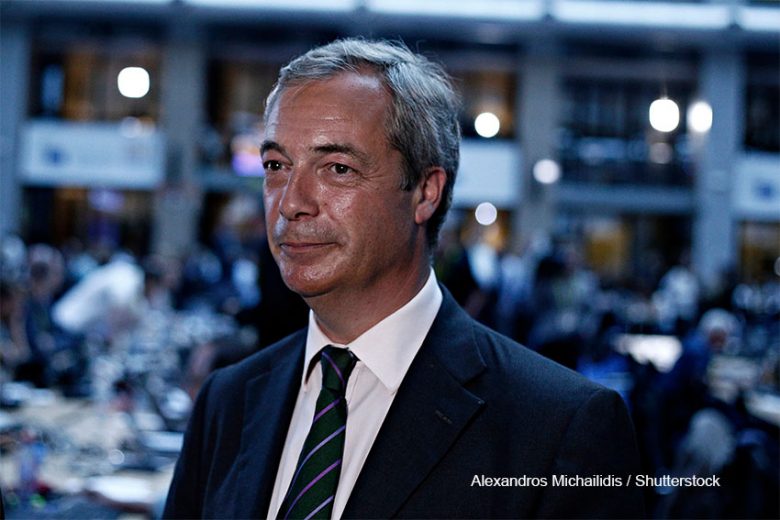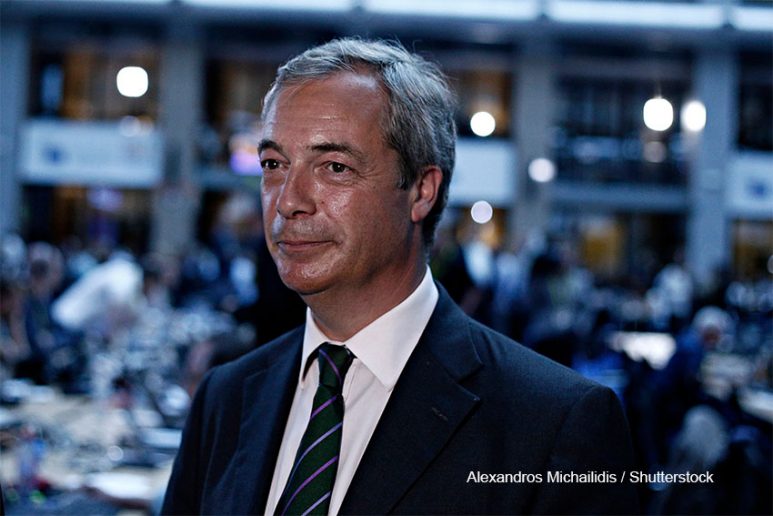By Gopika Shaji
John McAndrew, ex-director of news of GB News, may have been too soon to comment when he said the channel aimed to be “warm and inclusive where disagreements will be had, tough subjects will absolutely be taken on, but they’ll be taken on in a classy and courteous fashion”. Within a month of launching McAndrew stepped down from his role over editorial clashes and frustration over the channels direction.
Launched on the 13 June, GB News was pitched as anything unlike existing mainstream broadcasters. Heavily compared to right-wing Fox News in the US, it has been dubbed as bringing about the foxification of British news media. This comparison is in context of GB News’ chairman Andrew Neil describing the programs on the channel as “built around strong presenters, which becomes an appointment to view”. With such personality led programming GB News hopes to attract viewers interested in charged debates and conversations on issues deemed as stoking ‘culture wars’.

Positioning themselves as an “anti-woke” TV channel countering the voices of “woke warriors” in order to establish opposing points of view and highlight stories from poorly represented communities from outside London, GB News created quite a kerfuffle prior to its launch.
The launch itself was received terribly with viewership consistently falling, staff leaving, and several major brands like IKEA, Pinterest, Vodafone, to name a few suspending their advertisements on the channel even before programs aired.
The launching of GB News comes at a time when there is an active effort to curb hate speech and build inclusivity in the media within the UK. For the past four years Ofcom, UK’s media regulator has been releasing reports on diversity on television and radio. This report seeks to highlight the shortcomings of various media organisations and sets a standard for channels to meet in order to be more diverse in their reporting as well as the staff hired.
Media Diversity Institute spoke to Rani Khanna, a filmmaker and academic who is currently a Creative Fellow at the University of Birmingham.
“I don’t feel like anything is being challenged [by GB News]. There is a term coined by a Chilean filmmaker, Alejandro Jodorowsky- ‘consensus reality’, I believe that whatever press you are reading- left, right, centre, it is still dealing with a consensus reality and that reality is not being challenged. So the narrative still stays the same. Whether you have a bit more inclusion, bit more diversity- the narrative remains the same,” she told Media Diversity Institute when asked about her view on the British news media’s current attempt at improving reporting in the context of diversity.
After one of its presenters, Guto Harris, took the knee as a symbol of solidarity to the football players facing racism, many viewers boycotted certain programs citing the channel having sold out and gone ‘woke’. This strong reaction from its new viewers reflects the expectations set by the channel before launch as well as the kind of audience it has attracted.
The channel may also have lost their credibility to a large extent amongst its more left leaning and centre leaning viewers when former UKIP leader and a strong supporter of Brexit, Nigel Farage was called in to host a prime-time show. With journalists such as Nigel Farage, The Sun’s Dan Wootton and potentially Piers Morgan in the near future, the channel makes its intentions quite clear.
The question to consider now is, whether GB News can reshape the UK broadcast media scene- from bulletin-led, rolling news to one reliant on opinion heavy debates? If their first month after launch is a precedent of what is to come, the answer might be a resounding no. With viewership declining by the day, and several presenters and show-runners quitting, GB News does not look promising.
However, what would such an opinion and debate driven new channel like GB News do to the evolving broadcast news space in the UK? Is this channel a step in the right direction or does it reinforce the cultural and political divide in the country? Rani Khanna opines from the perspective of both as someone in the media scene and a news viewer,
“I don’t think it is a step in the right direction. If it were to reflect England’s pro free speech stand, then why aren’t other voices given the same platforms? There are voices that are not being seen or heard and are not prominent. In that sense, free speech should not just be for this particular little group here. I also don’t know what exactly is to learn from this channel. How is it constructive? I don’t think it is original or radical. I think it is rather regressive in fact.”
Khanna also suggests that the step in the right direction for better inclusivity and diversity in the news media would be to challenge the consensus reality, by not just employing diverse staff but also allowing narratives to be formed by the people from diverse communities.
“It is not simply about having different jobs and roles within that organisation, I think more importantly it is about the stories themselves. By allowing diverse groups choose their own stories that they want to tell, they have ownership over narrative.”
“If people from the diverse communities are the ones to choose the stories and tell them in their own way, then this is bringing in even more diversity into the narrative, and it is not just a form of tokenism,” Khanna tells Media Diversity Institute.
Photo Credit: Alexandros Michailidis / Shutterstock

